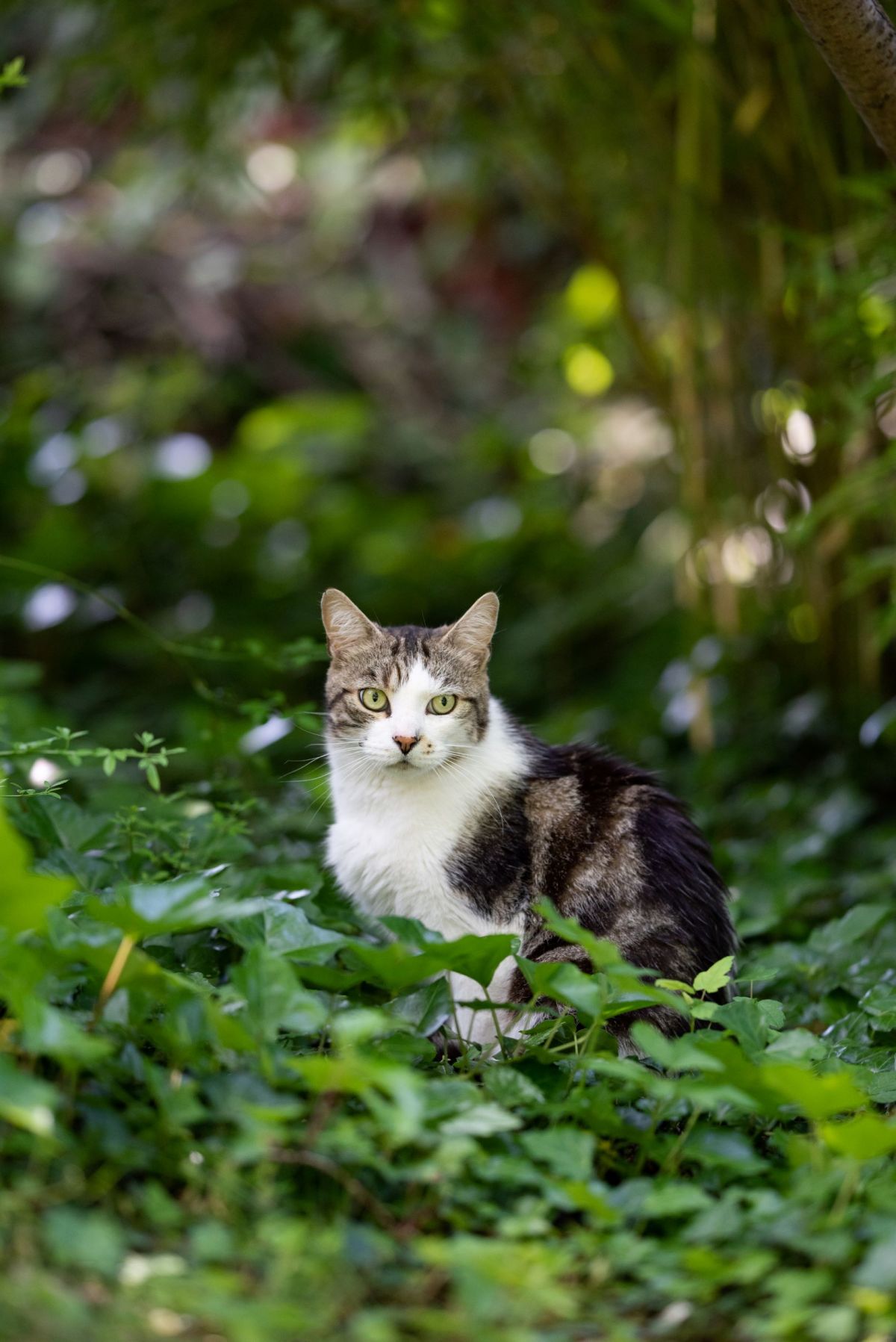
Annual permits for non-desexed cats and dangerous dogs
Published: 20 Nov 2020 3:24pm
The NSW Government has introduced annual permits for non-desexed cats and restricted and dangerous dogs as part of its commitment to promoting responsible pet ownership and improving animal welfare standards.
Under the new requirements, which came into effect on 1 July 2020, owners of cats not desexed by four months of age are required to pay an $80 annual permit in addition to their one-off lifetime pet registration fee.
Owners of dogs of a restricted breed or formally declared to be dangerous are also required to pay a $195 annual permit in addition to their one-off lifetime pet registration fee.
Regulatory Services Coordinator Kathleen Bagshaw said the new requirements were introduced to encourage cat owners to desex their cats which, according to the RSPCA NSW, improves their health and wellbeing, even reducing the risk of some cancers.
Desexing cats will also help ease the burden on animal shelters and reduce the devastating impact that roaming, stray and feral cats have on wildlife.

“Cats are natural roamers and there’s no legal requirement for them to be contained like dogs,” Ms Bagshaw said.
“Undesexed cats breed and people are often left with unwanted litters, which unfortunately can either end up at shelters or become strays.
“As the population of cats expands in our region, so does the damage to our local native animal population.”
Research from The Australian National University shows that domestic and feral cats are killing over two billion reptiles, birds and mammals each year in Australia – the majority of which are native animals.
“When you consider that there are almost four million pet cats in Australia, the importance of owners being responsible for their own cats becomes apparent,” Ms Bagshaw said.
“We’re encouraging our community to do the right thing – register your pet, just like you do your car, and get them desexed,” Ms Bagshaw said.
“Apart from being a legal requirement, registering and microchipping your pet ensures that if your pet goes missing, we’ll be able to identify it and return it to you. And getting your cats desexed will help stabilise our cat population and help protect our native animals.”
Permit exemptions are in place for cats that are kept for breeding purposes by members of recognised breeding bodies, and cats which cannot be desexed for medical reasons.
Annual permit fees go directly to the Companion Animals Fund which pays for companion animal management by local councils including pounds/shelters, ranger services, dog recreation areas, and education and awareness programs.
The fund is also used to operate the NSW Pet Registry and carry out responsible pet ownership initiatives.
You can register your pet at the Glenfield Road Animal Shelter, at Council’s customer service desk, or online via the NSW Pet Registry.
For more information about annual permits visit olg.nsw.gov.au
